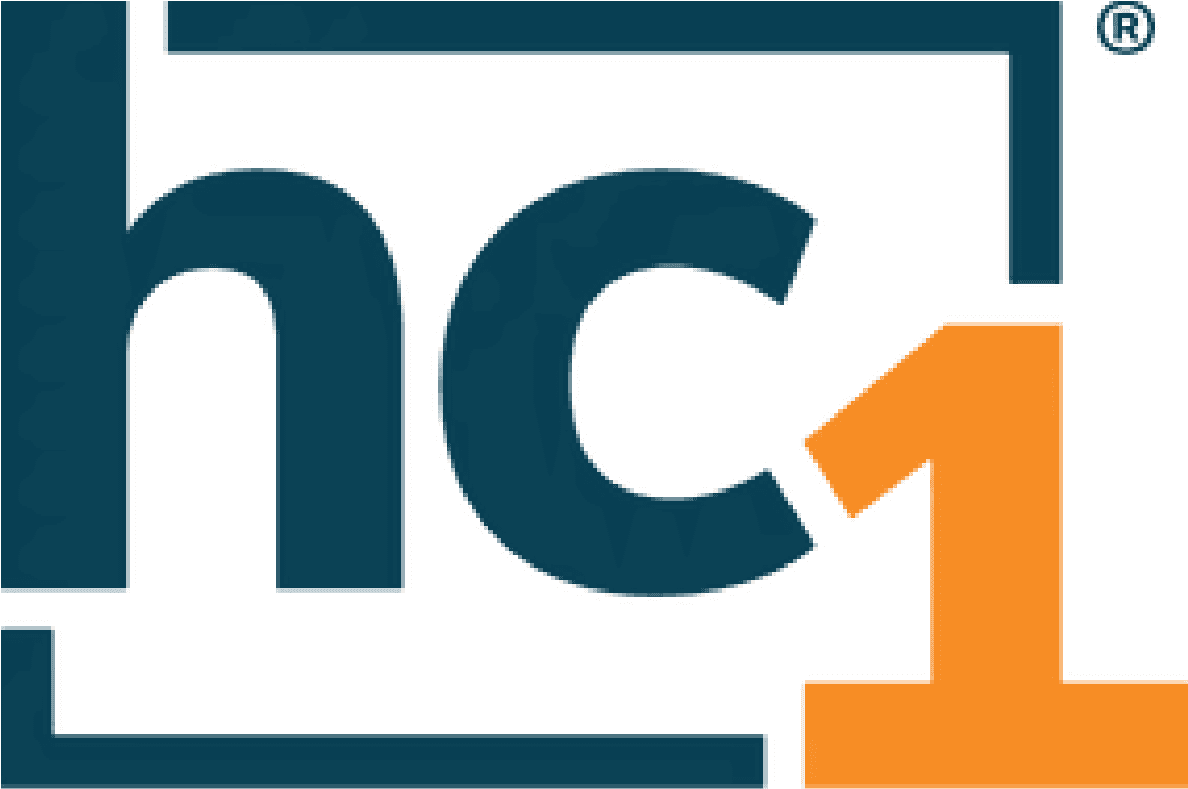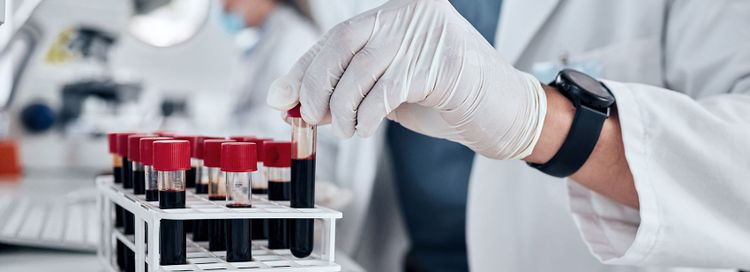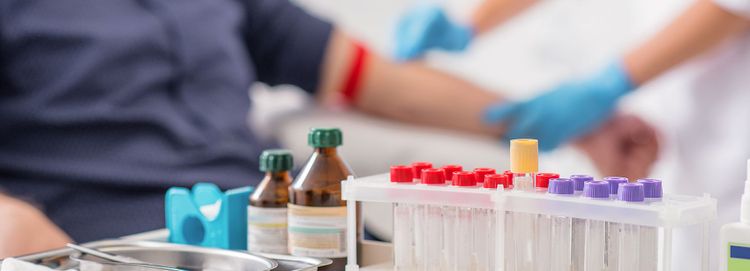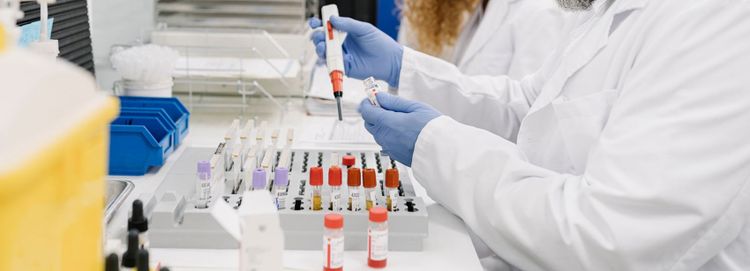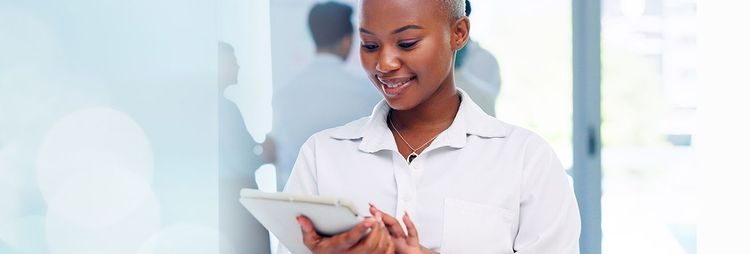May 17, 2022
Medical labs have the highest interaction with patients in healthcare. Often overlooked by way of importance, labs collect more patient data than any other avenue of medicine. However, for many health systems, the patient lab data collected does not flow among internal departments in a cohesive or standardized way. As a result, patient care can be adversely affected. This disconnect between labs with other clinical departments can lead to misinterpretation of test results, unnecessary prescriptions and misalignment with patient diagnosis.
So, how can this be remedied? One way is through lab stewardship. The AACC states laboratory stewardship refers to correctly ordering, retrieving and interpreting laboratory tests. Inefficiencies in these three aspects of the total testing process cause most diagnostic errors and the majority of significant patient harm and malpractice litigation in the laboratory industry.
Labs play a very important role in optimizing value-based care and ensuring the responsible use of resources, which ultimately improves patient care while reducing cost. Diane Janowiak, Sr. Director, Clinical Solutions at hc1 said, “In order to have successful lab stewardship, the engagement and partnership with clinical and administrative individuals who support the implementation of program initiatives are essential,” Janowiak continued, “Using clinical data as the basis for change, lab professionals can develop organizational support for proactively improving laboratory use. In so doing, lab professionals take on a leading role in providing top-level patient care and become instrumental in the leadership of their health systems.”
Quest® Lab Stewardship™ powered by hc1® is a strategic collaboration focused on improving the costs and clinical impact of lab testing. It employs machine learning to harmonize laboratory testing across health systems in order to optimize laboratory test utilization allowing actionable insights into laboratory testing trends that can identify missed opportunities to deliver the right test to the right patient at the right time. Quest Lab Stewardship is an offshoot of the professional lab management services of Quest Diagnostics, which Quest provides to dozens of health systems and hospitals in the U.S. to help enhance their laboratory quality and cost-efficiency. Quest also provides reference testing, often involving highly advanced diagnostics services, to nearly half of the hospitals and health systems nationwide.
The construct of lab stewardship programs typically consists of four essential components: governance, interventions, data extraction & monitoring and continual assessment/improvement. Successful stewardship programs see a significant return on investment through better insurance reimbursement and savings from avoiding unnecessary and uncompensated laboratory tests. These programs typically produce a direct positive impact on patient safety and initiatives which also improve the patient experience.
hc1 senior business intelligence consultant, James Haarbauer said, "Nobody likes unnecessary tests. They cost money, time, and create an uncomfortable patient experience. The ability to leverage analytics in a lab setting will improve the lives of your employees and your patients as you ensure that the right patient gets the right test at the right time.”
On June 2 at 12:30 p.m. PDT, hc1 and Quest Diagnostics are together hosting a workshop at PLUGS Summit 2022. With the goal of Building a Culture of Lab Stewardship, Haarbauer, along with Donna D. Cooper, MS, MBA, Senior Director of Product Solutions at Quest Diagnostics, will share how to go beyond basic reporting and leverage data from the macro-level to individual physician ordering behaviors.
Session attendees will learn about: key players and top strategies for building an effective lab stewardship committee, a 3-step informatics process for building out your project pipeline and how hospitals can support lab stewardship programs and improve human health.
Will you be at the 2022 PLUGS® Summit? Be sure to join us for the Building a Culture of Lab Stewardship workshop to be held in the Sound Room on the 3rd floor of the Bell Harbor International Conference Center.
